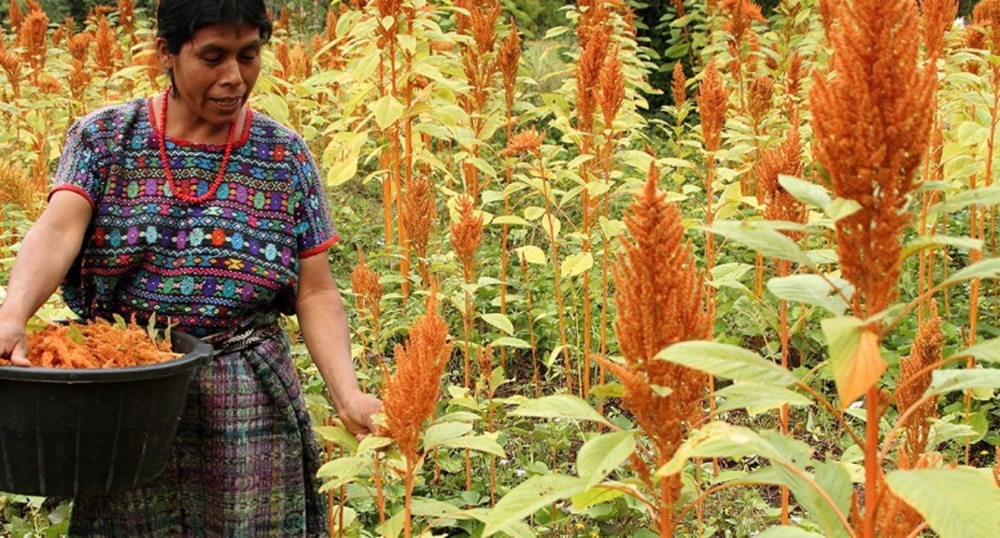Female farmers encounter gender discrimination in Guatemala

The majority of female farmers encounter many forms of discrimination that undermine their ability to serve as food providers for their homes. Women play a significant role in small-scale farming and they are responsible for growing and harvesting more than 50% of the food yearly produced on Earth.
The Government of Guatemala is currently working to establish a gender perspective into its national programmes to fight malnutrition (ENPDC) and support family farming (PAFFEC). It is crucial to promote gender equality because the role of women is necessary for achieving the Sustainable Development Goals.
Juan Carlos Carías, Secretary of the Secretariat of Food and Nutrition Security commented: “We need to achieve greater integration to provide more opportunities and rights. And to do this, institutions need a political mandate to promote equality.”
Within the last two years, the issue of global hunger has increased and panel members have expressed that food and nutrition security should be main priorities. FAO food security officer for Latin America, Ricardo Rapallo noted that women tend to suffer the most out of the 39 million Latin Americans who do not have enough to eat.
Although the gender gap is still large in rural areas, the international community has been invited to take advantage of the lessons learned in Guatemala. FAO and the European Union have worked to incorporate gender issues into their implementation of policies on sustainable agriculture, food security, and nutrition in order to promote change.
Photograph: Groundswell International















